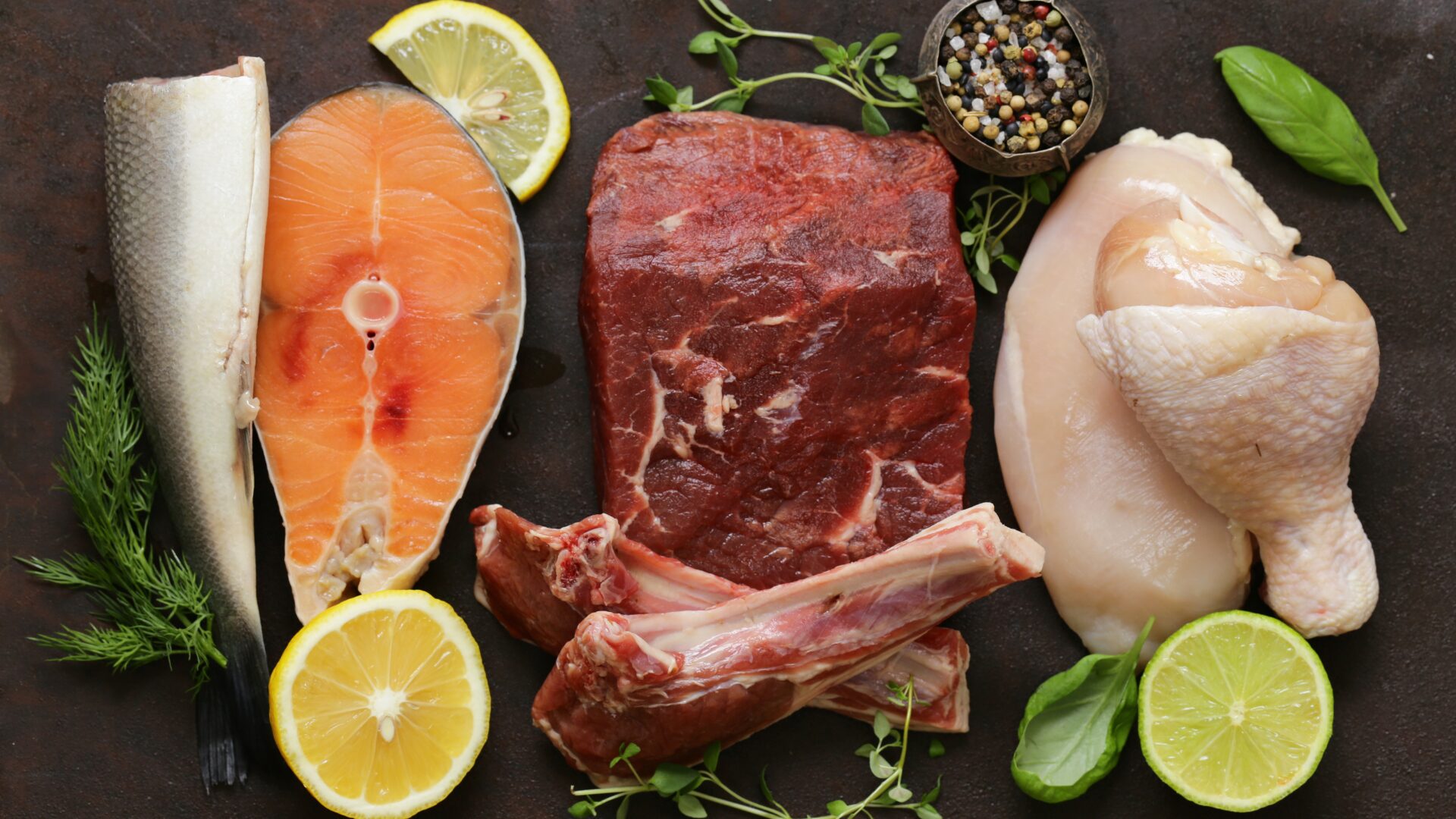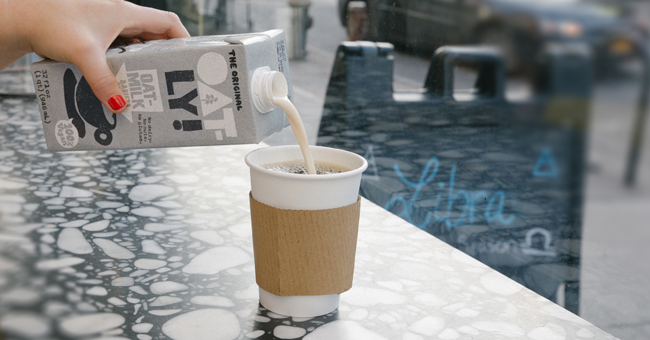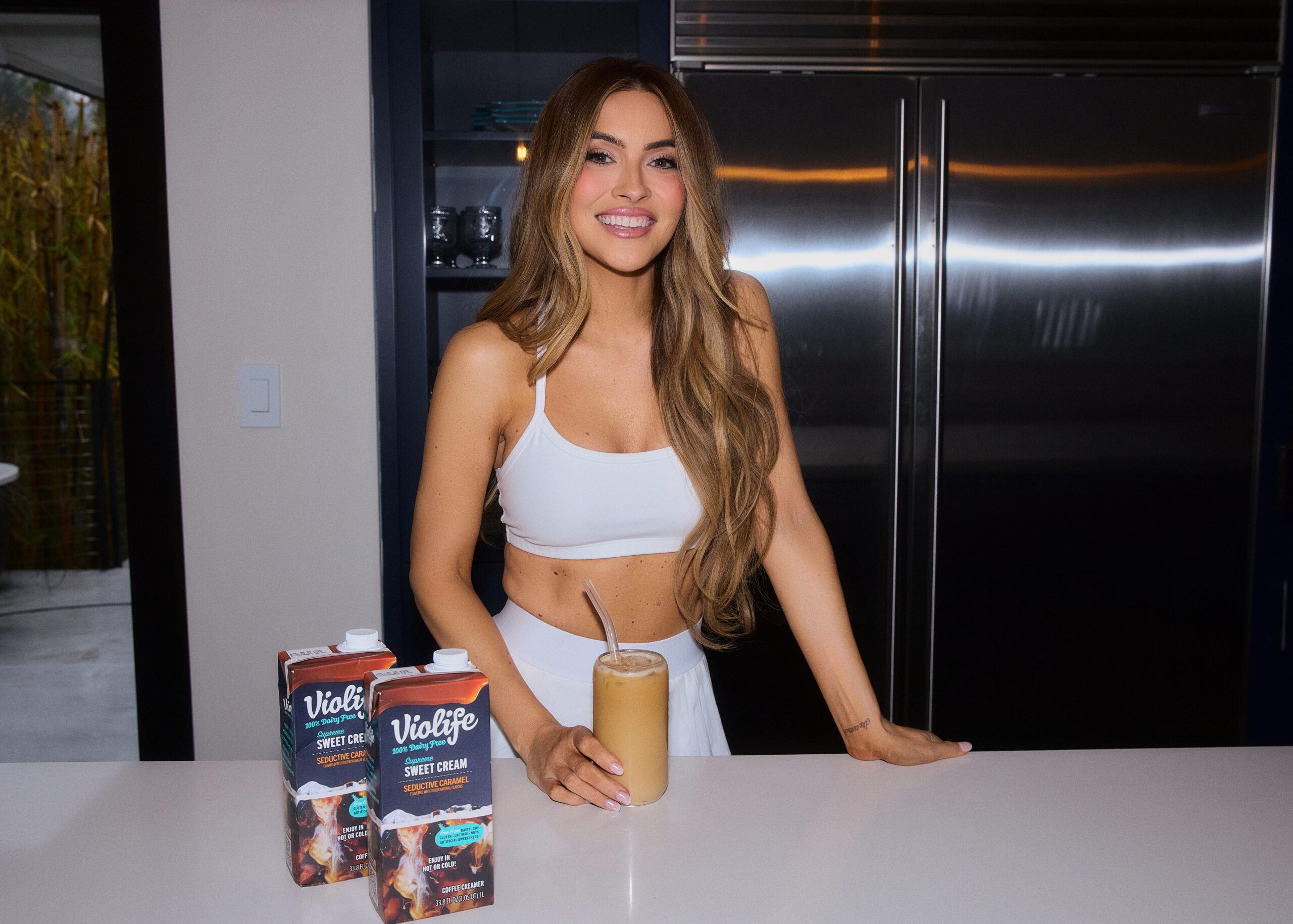Armored Fresh unveiled its latest vegan cheese at CES 2023 earlier this year, announcing it has developed a water-and-oxygen technology using plant-based ingredients to sustainably replicate animal proteins found in dairy products.
The vegan cheese market, which encompasses some 250 brands, grew to $2.43 billion in 2021 and is expected to expand at 12.6% through the rest of the decade to $7.1 billion, with mozzarella holding the largest market share and cashew-based products a consumer favorite, according to Grandview Research.
Armored Fresh said its newest cheese line, Almond Milk American Slices, duplicates the aroma texture and flavor of its dairy counterparts.
“We started development of our dairy products in June of 2020 using coconut oil,” CEO Andrew Yu told The Food Institute. “It took us about a year to develop and come out with our first production worthy product. … Around June of 2021 we decided to shift gears and change our base to almond milk to produce our cheese.
“When we use the singles for grilled cheese, the melt is real, it’s gooey, and looks like what you expect. The taste of our American slices is clean with a hint of cheddar, most notably, without the aftertaste that many plant-based cheeses would leave.”
TASTE TRUMPS ALL
Yu said though the science of converting plants to protein has been around for 50 years, companies have done a poor job of delivering products consumers think taste good.
“A zero-dairy cheese where consumers are hard pressed to tell the difference is the holy-grail of plant-based cheese manufacturers,” Yu said.
Armored Fresh brought in experienced cheese makers and Michelin chefs to help with the development process, perfecting the taste and texture profiles.
“While our cheese expert knows the cheese-making process, we have given our chefs the gatekeeping responsibilities that if the product doesn’t meet their taste and texture expectations, the cheese goes back to the drawing board,” Yu said.
OPPORTUNITIES EXIST WITHIN CATEGORY
The vegan cheese category has become rather crowded, yet opportunities remain.
“When you start to look at the market, it looks like we have an industry that is in its very early stages – lots of small players, few big players, but clearly no leader in terms of market share. Unlike the dairy cheese market, where Kraft dominates the market, the vegan cheese market is without a leader who consumers can point to as a standard bearer,” Yu said, adding that many of the small producers also don’t have the capacity to expand nationally.
“Our manufacturing capacity enables us to serve even the largest retailers. Being a reliable supplier is an important characteristic to win over consumers. And we hope to get there eventually with retail partnerships,” he said.
There could be a bright future for dairy substitutes given the nearly 26% decline in dairy milk sales in the last decade.
“We see a confluence of events, cultural shifts, environmental issues and human health realities that will continue to drive the demand for alternative dairy products,” Yu said.












